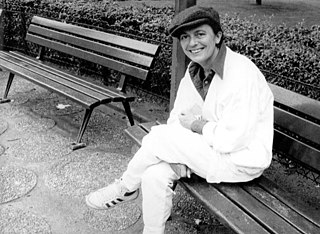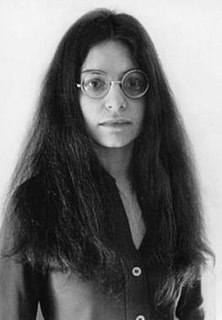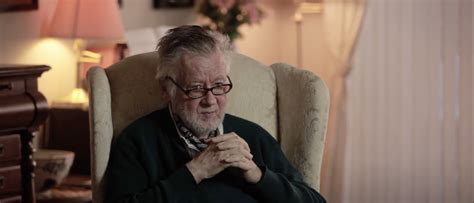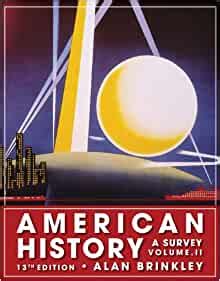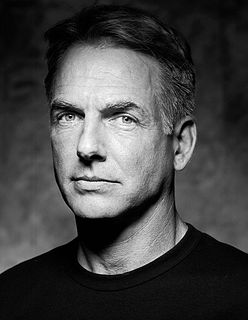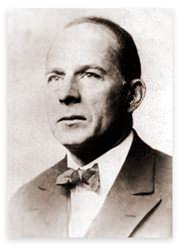A Quote by Vladimir Lenin
During the lifetime of great revolutionaries, the oppressing classes constantly hounded them, received their theories with the most savage malice, the most furious hatred and the most unscrupulous campaigns of lies and slander. After their death, attempts are made to convert them into harmless icons, to canonize them, so to say, and to hallow their names to a certain extent for the “consolation” of the oppressed classes and with the object of duping the latter, while at the same time robbing the revolutionary theory of its substance, blunting its revolutionary edge and vulgarizing it.
Quote Topics
After
Attempts
Campaigns
Certain
Certain Extent
Classes
Consolation
Constantly
Convert
Death
Edge
Extent
Furious
Great
Harmless
Hatred
Icons
Latter
Lies
Lifetime
Made
Malice
Most
Names
Object
Oppressed
Received
Revolutionaries
Revolutionary
Robbing
Same
Same Time
Savage
Say
Slander
Substance
Them
Theories
Theory
Time
While
Related Quotes
The classic trap for any revolutionary is always, “What's your alternative?” But even if you could provide the interrogator with a blueprint, this does not mean he would use it: in most cases he is not sincere in wanting to know. In fact this is a common offensive, a technique to reflect revolutionary anger and turn it against itself. Moreover, the oppressed have no job to convince all people. All they need know is that the present system is destroying them.
Most conservatives - by which I mean normal people - have little conception of the aggressive and revolutionary force that confronts them. It is a revolutionary force in that it seeks to overturn the existing order, but it differs from the spirit of Marx and Lenin in that it never proclaims itself openly.
The scientific theorist is not to be envied. For Nature, or more precisely experiment, is an exorable and not very friendly judge of his work. It never says "yes" to a theory. In the most favorable cases it says "Maybe," and in the great majority of cases simply "No." If an experiment agrees with a theory it means for the latter "Maybe," and if it does not agree it means "No." Probably every theory will some day experience its "No" - most theories, soon after conception.
The Declaration of Independence has been called, with some justice, the most revolutionary document in human history, in that it placed the individual person first in the political scheme of things and made the legitimacy of governments and ruling classes contingent on their success at preserving individual rights.
It is natural to admire and revere really great men. They hallow the nation to which they belong, and lift up not only all who live in their time, but those who live after them. Their great example becomes the common heritage of their race; and their great deeds and great thoughts are the most glorious legacies of mankind.
I want my records to be the most magnificent and glorious-sounding records, but also want them to be the most intense and fragile. And I want that all in the same ten-second bit of music. And it just takes a while to get there, and I don't write the songs and then go and record them, I write in the studio. So it takes a while to kind of piece them together and know that that's what I want it to be like. And I constantly throw the bits up in the air and see how they land, and eventually they kind of keep landing in the same place and that's where it stays.
Managers are already voracious consumers of theory. Every time they make a decision or take action, it's based on some theory that leads them to believe that action will lead to the right result. The problem is, most managers aren't aware of the theories they're using, and they often use the wrong theories for the situation.
There were many words that you could not stand to hear and finally only the names of places had dignity. Certain numbers were the same way and certain dates and these with the names of the places were all you could say and have them mean anything. Abstract words such as glory, honor, courage, or hallow were obscene beside the concrete names of villages, the numbers of roads, the names of rivers, the numbers of regiments and the dates.


